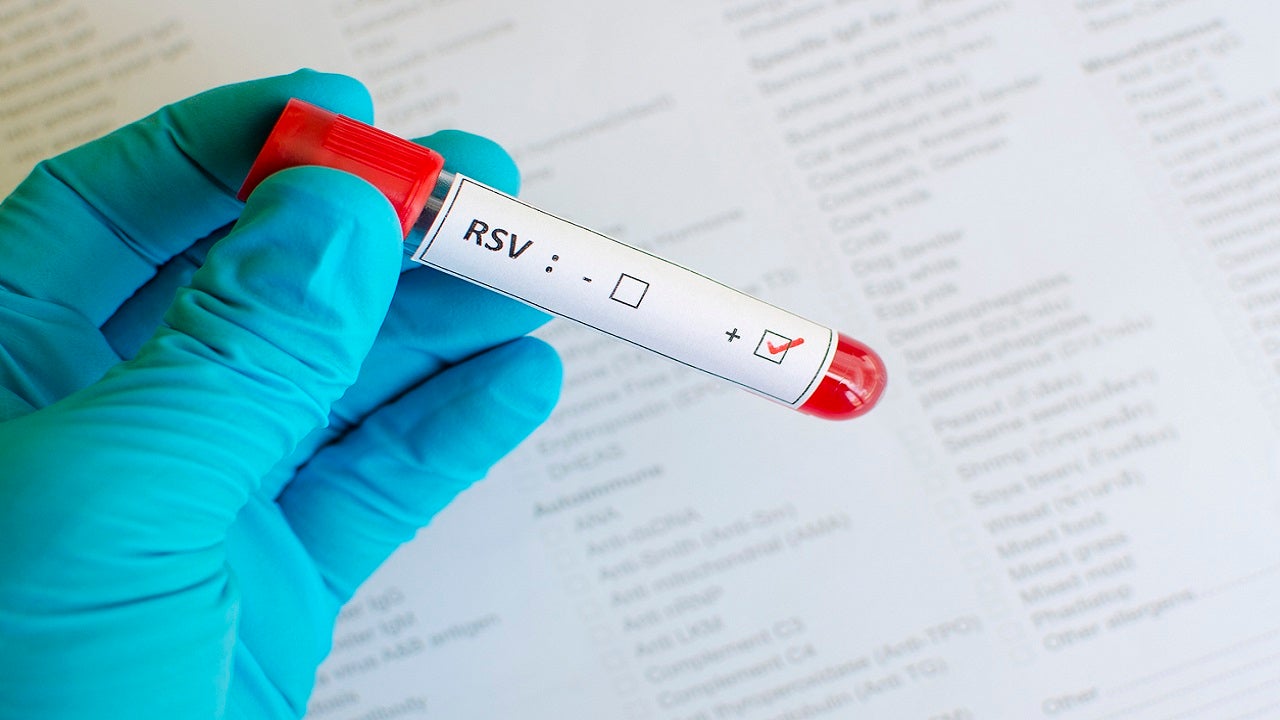Doctors are increasingly turning to antibody drugs in a bid to keep hospitals from being overwhelmed by a surge of infectious-disease cases, a turnabout after months in which the treatments went mostly unused.
Regeneron Pharmaceuticals Inc., the primary provider of the treatments, delivered 135,023 drug doses to U.S. health care providers last week, a ninefold increase from a month earlier, according to data shared by the company with The Wall Street Journal.
Regeneron estimates that as recently as June, fewer than 5% of high-risk patients were receiving treatment, before increasing recently to as much as 30%, said Chief Executive Leonard Schleifer in an interview. The drugs, which have been shown to prevent hospitalizations, are paid for by the federal government, and distributed to patients free of charge.
BIDEN PUSHES FOR VACCINE BOOSTER STARTS STARTING IN SEPTEMBER
In January 2021, the federal government agreed to pay $2.63 billion for 1.25 million doses, equivalent to $2,100 per dose of Regeneron’s drug, which is a cocktail of two antibodies. The contract followed a previous agreement in July 2020 in which the U.S. paid $450 million for 300,000 doses.
The uptick in demand is being driven by the surge of infections, especially in the southern U.S., where vaccination rates are relatively low. Some states, including Florida, Texas and Mississippi, have rushed to expand antibody-drug infusion centers and, in some cases, have allowed high-risk patients to receive treatment without seeing a doctor first.
Click here for more from the Wall Street Journal.
 Iktodaypk Latest international news, sport and comment
Iktodaypk Latest international news, sport and comment






